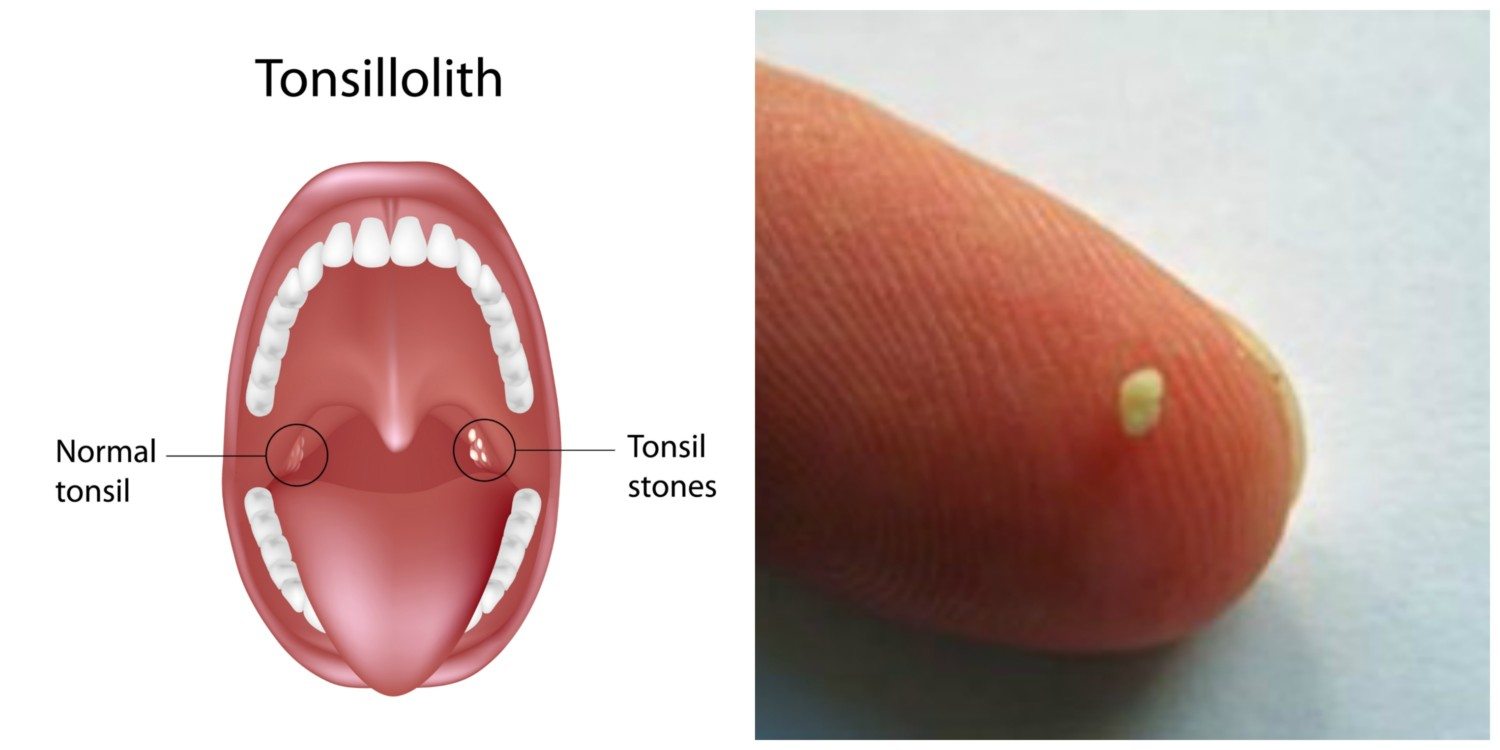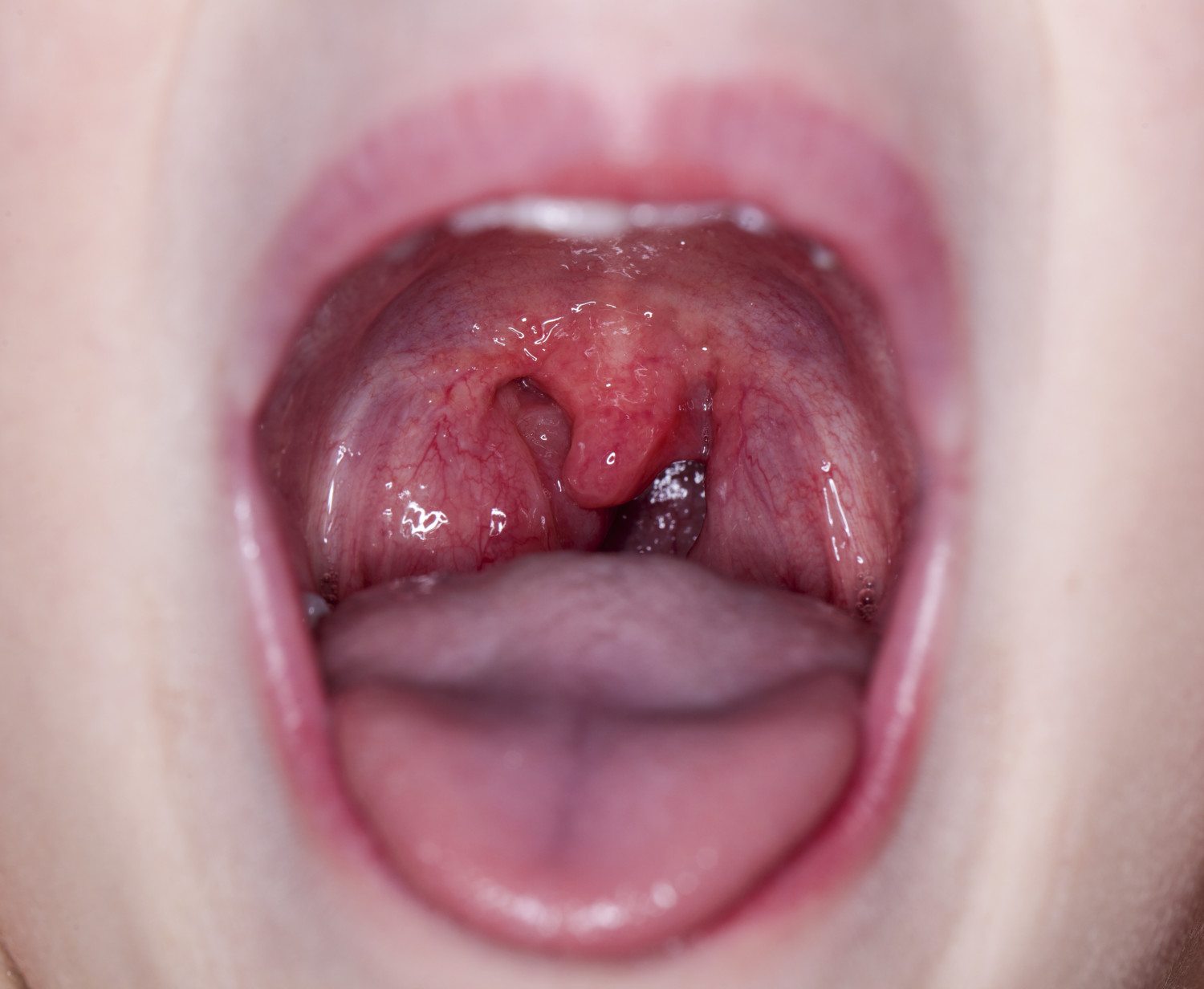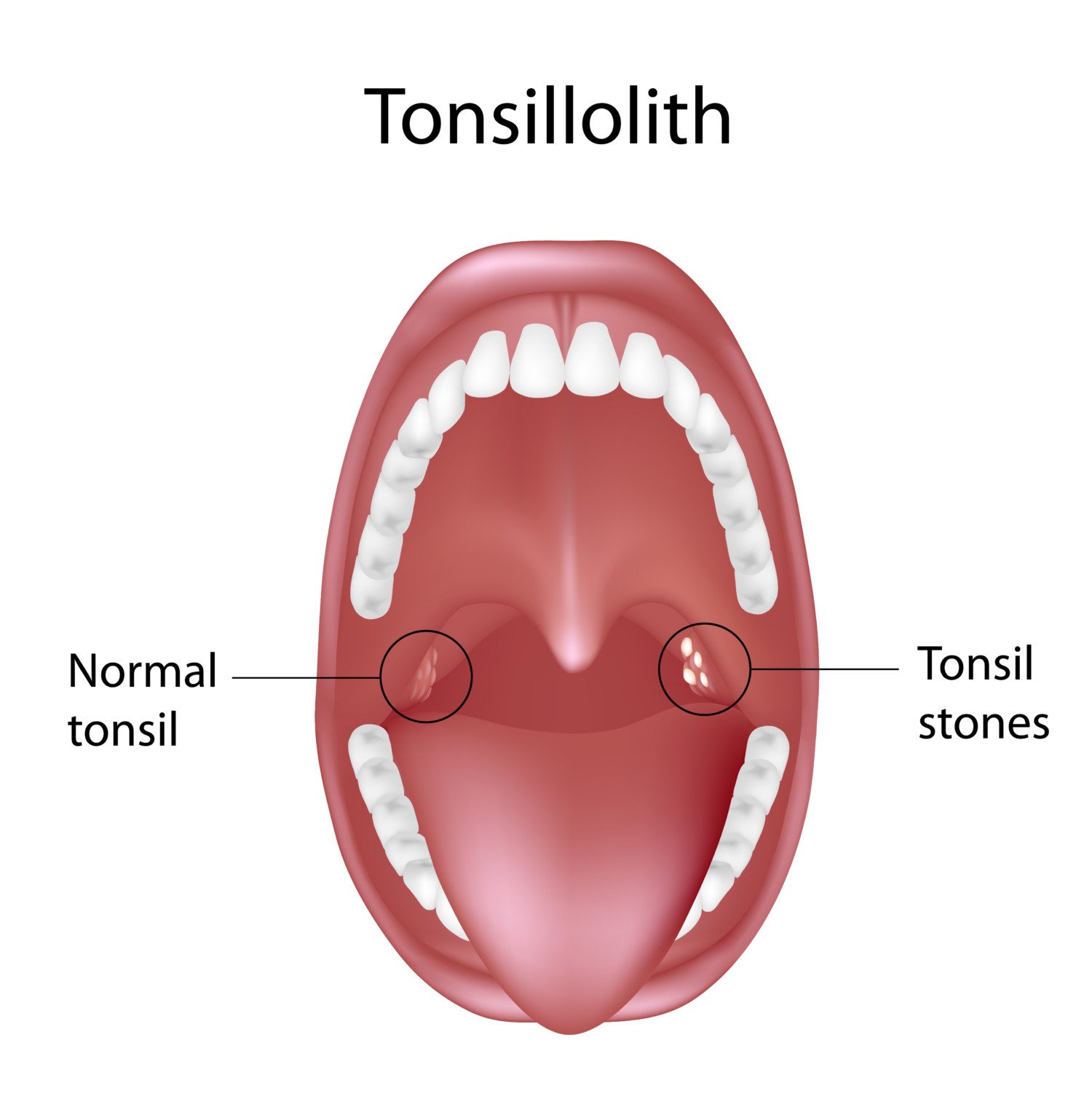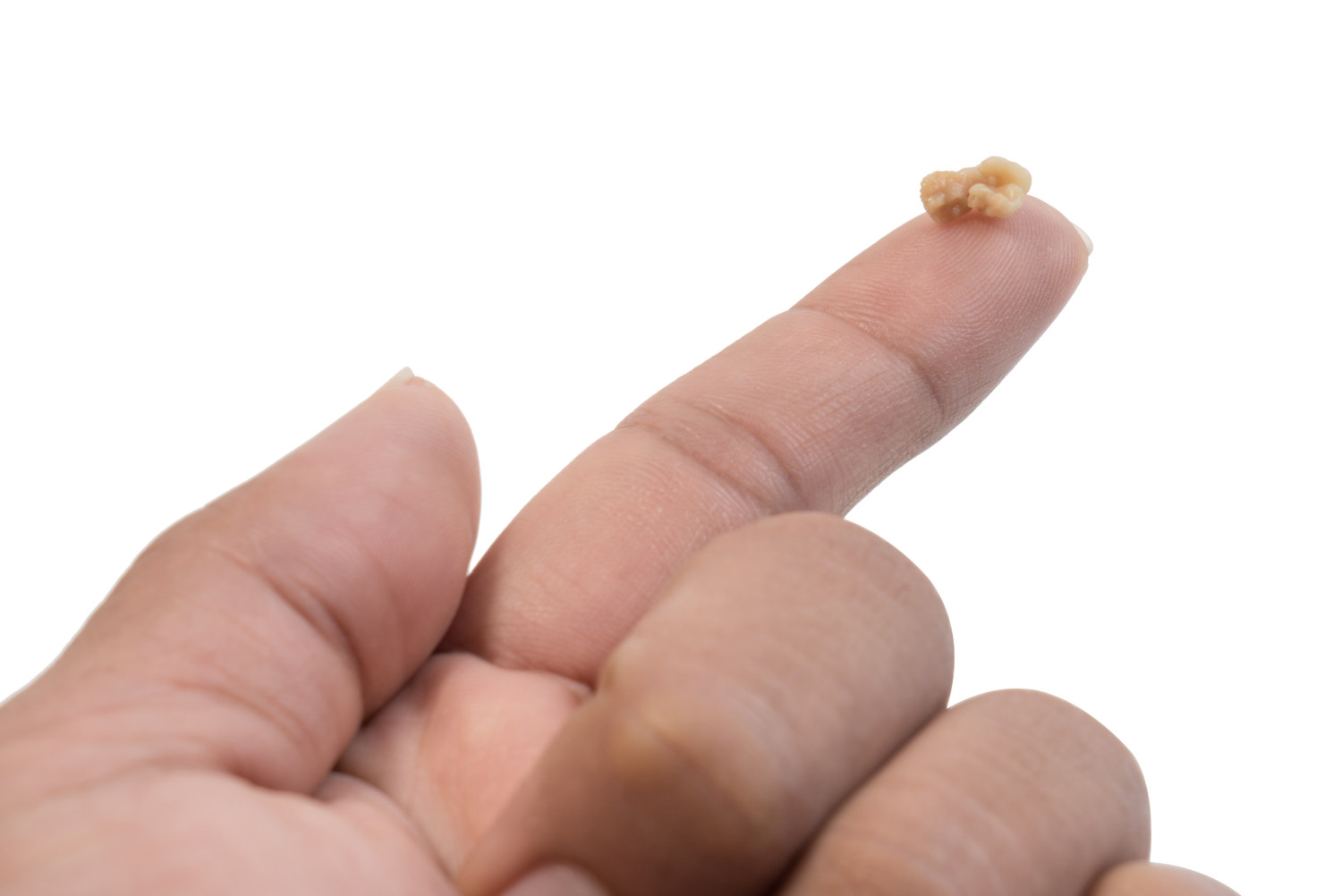What are tonsil stones and should you be worried about them?

- April 18, 2018 |Last updated on 04/25/2022
Our bodies are complicated, and sometimes play host to some pretty odd conditions. For example, you may have heard of gall stones or kidney stones. But what about tonsil stones?
What’s A Tonsil Stone?
Tonsils can create havoc for your health if they don’t do their job. Those small structures resting on either side of the back of your throat are supposed to work with your immune system in order to protect you from germs.
The tonsils catch bacteria that enters the body through the mouth and throat area. When the tonsils are healthy, they can help keep us well.
However, these little buggers can also cause problems. Our tonsils are made up of lymphocyte (infection-fighting) tissue, which has the texture of a sponge.
According to doctors, this tissue is a breeding ground for tonsil stones, also known as tonsilloliths: small, hard growths that can form on the tonsils.
“What happens over time is in those little dips and crevices of the sponge, we get food caught or mucus caught. It gets kind of gets overrun by bacteria that’s naturally in our throat and it becomes a hard little ball,” Dr. Natasha Burgert told KSHB News. “It’s essentially their body’s natural way of protect and defend [sic] us and it’s just a natural consequence of that.”
In other words, the bacteria and food our tonsils catch in their role as body protectors gets caught in our tonsils and transforms into a calcified glob. Yeah, kind of gross.
Who is at risk for tonsil stones? People who have tonsillitis on a regular basis are more susceptible to getting them.
Some people — who have naturally enlarged tonsils even without an infection — can also develop tonsil stones more easily than others.
RELATED: Neurosurgeon Explains Warning Signs Of Brain Aneurysm After Sudden Death Of Young Mom
Symptoms Of Tonsil Stones
You can end up with tonsil stones that are so tiny, you barely notice them. However, if you notice any of these symptoms, you might want to talk to your doctor:
White Patches Or Spots
When the tonsil stones get large enough, you can see them with the naked eye. If you notice white spots on your tonsils, you should call your doctor to confirm it’s simply tonsil stones and not something like tonsillitis or strep throat, which can cause more serious health problems and can be treated with antibiotics.
Bad Breath
Bad breath is often the first sign of a tonsil stone problem. The stones, which are made up of bacteria and old food particles, carry odors that can lead to foul-smelling breath.
Sore Throat
Tonsil stones can cluster together and cause pain in the throat. It can be uncomfortable to swallow and cause discomfort at the spot of the stone.
Ear Pain
Since the ear canal and throat are connected, a tonsil stone can cause ear pain because of shared nerve pathways between the two areas. So, a tonsil stone may not be anywhere near the ear, but may still cause discomfort.
RELATED: These Signs Could Mean You Have A Deadly Blood Clot
How To Treat Tonsil Stones
Most tonsil stones do not require treatment. If you have no symptoms and they aren’t bothering you, the doctor will just leave them alone.
Some people who experience tonsil stones regularly have grown comfortable enough to remove them on their own with cotton swabs or picks. This is not recommended, as tonsil tissue is delicate and can bleed easily.
Some doctors recommend a warm, saltwater gargle to relieve symptoms associated with tonsil stones.
In extreme cases, where the stones get exceedingly large, doctors may elect to remove the tonsils entirely.
However, there are risks involved with any surgery, and patients should discuss the benefits versus the risk factors before opting for the procedure.












